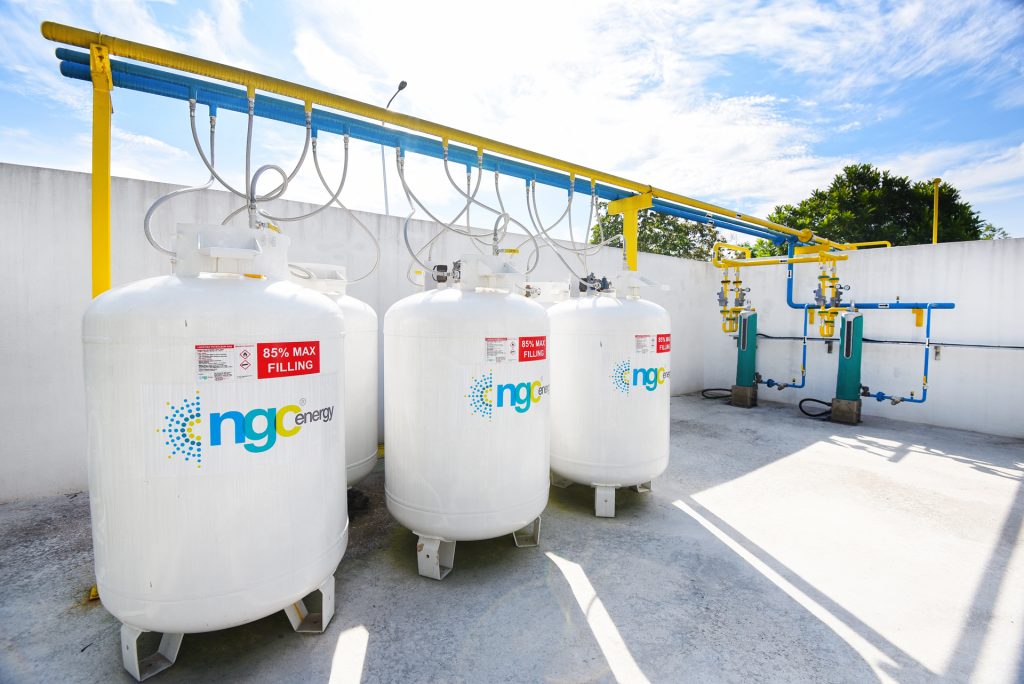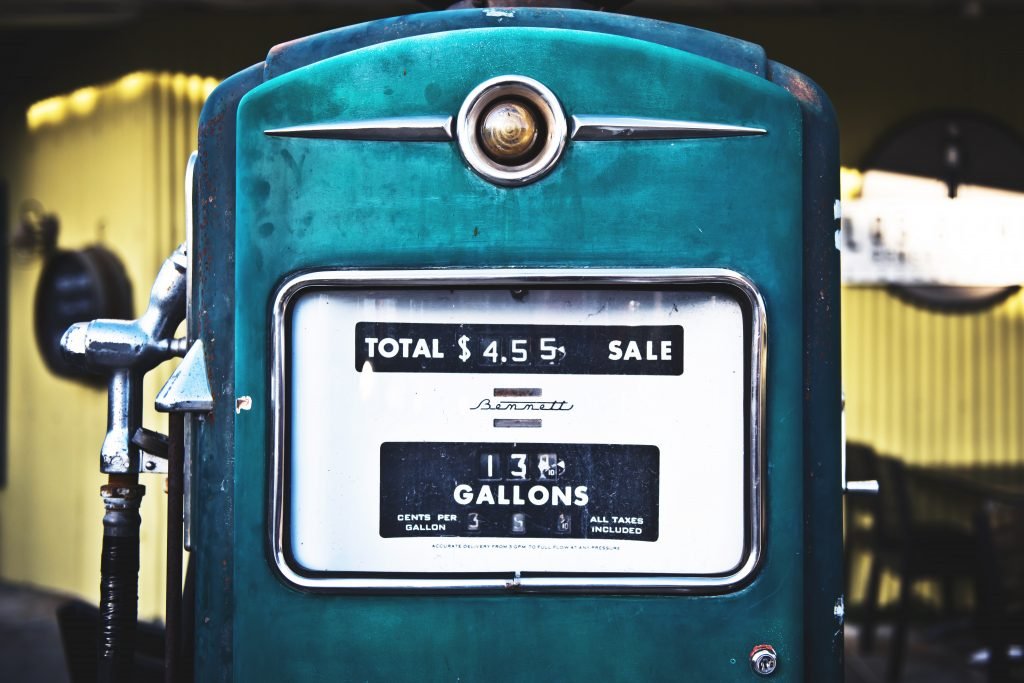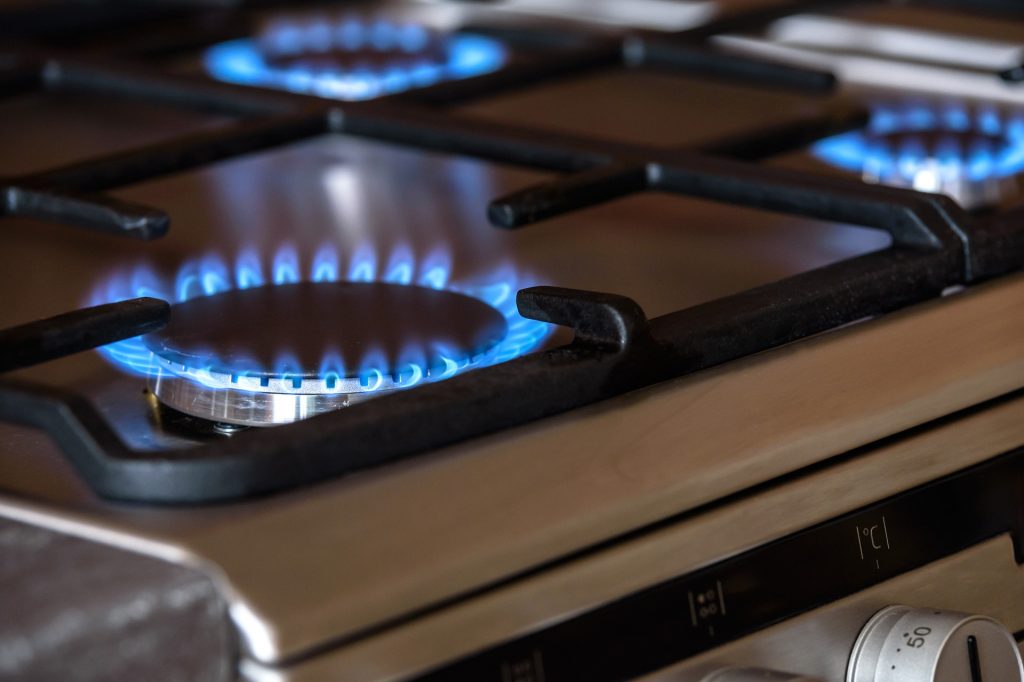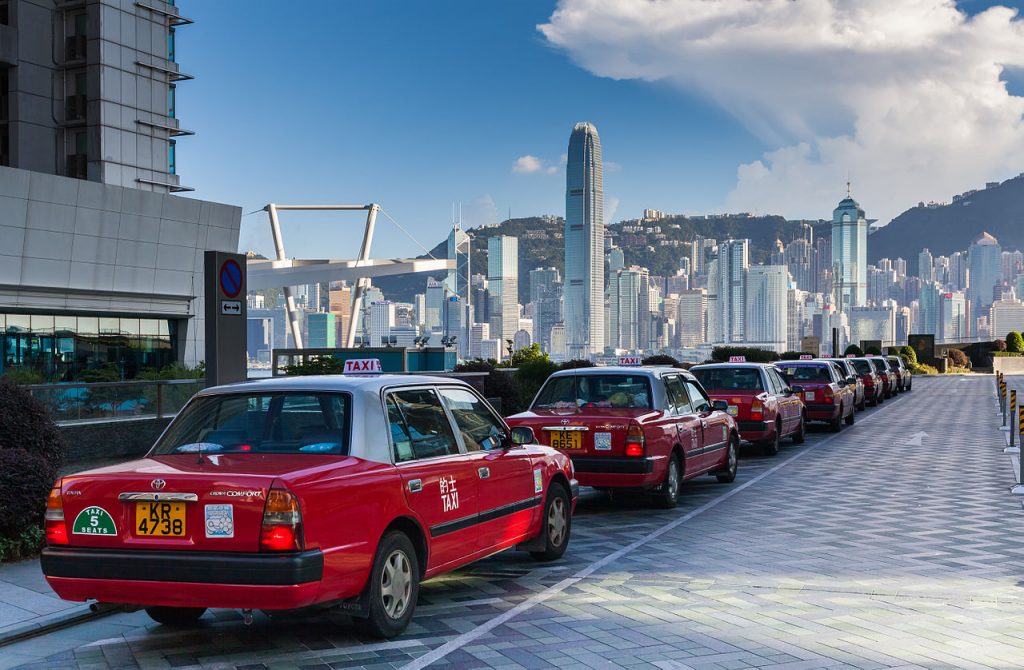
Liquified Petroleum Gas Around The World
LPG is a naturally occurring by-product of natural gas extraction and crude oil refining. In Malaysia, its application is mostly domestic, used as a cooking fuel. But what of the rest of the world? Here are some interesting facts about one of the most widely used energy sources on the globe;

Named one of the “Fuels of the Future” by the European Union because of its eco-friendliness, LPG or Autogas has been used as a motor fuel in Turkey for years. As a matter of fact, almost 40% of all passenger cars in Turkey run on Autogas.
In India, nearly 9 million tons LPG can be consumed in the domestic sector (mainly for cooking) in a short span of six months. Which is probably good news for the environment as LPG emits 60% fewer greenhouse gas than electric coil cooktops, 50% fewer emissions than biomass stoves, and 19% fewer greenhouse gasses than kerosene stoves.

As in many developing countries, LPG is the most common substitute for fuelwood in homes, combating deforestation and causing less hazardous emissions to the atmosphere. As a matter of fact, LPG is the energy of choice for 95% of Brazilian homes with over 30 million cylinders delivered per month.
In the United Kingdom, the LPG industry is worth over £750 million to the economy and employs over 10,000 people. The low carbon energy fuel is used widely for cooking and even central heating in rural area homes in the country.
LPG or Autogas in Greece has become popular in recent years due to the increase in petrol prices. The number of refuelling points as well as conversion workshops is also rapidly increasing, with car companies beginning to offer models with bi-fuel capability.

Once a standard cooking fuel in Hong Kong, LPG usage has been reduced significantly to about 24% in residential areas. However, LPG-fueled stoves are still the only type available in most suburban villages and public housing estates. It is also used in 18,000 taxicabs in the country.
The local government in China are also on the LPG or Autogas fuel bandwagon, with local councils of specific states encouraging public transport to convert to LPG or Autogas, with over 160,000 taxicabs running on the fuel, as well as over 2,500 buses.
